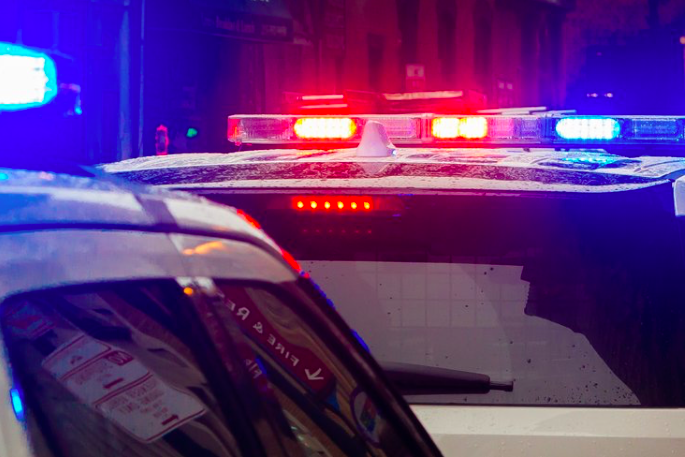
December 22, 2020
 Thom Carroll/For PhillyVoice
Thom Carroll/For PhillyVoice
The use-of-force policy reforms impact roughly 38,000 state, county and local law enforcement officers in New Jersey.
The prohibition of using all physical and deadly force by law enforcement against civilians is just one of several initiatives enacted by Attorney General Gurbir Grewal to reform New Jersey's use-of-force policies.
The overhaul of New Jersey's use-of-force regulations on Monday was the first revision they had undergone in two decades, the Office of the Attorney General said.
The package of reforms, which consist of additional limits on use of force and new guidelines for civilian interactions, apply to roughly 38,000 state, county and local law enforcement officers across New Jersey.
"We are committed to making New Jersey a national leader in policing reform, and today's actions deliver on that promise," Grewal said. "We are building on the important work already underway in the state's best police departments and establishing a new standard of excellence across the Garden State."
"But today's changes are about more than just reducing unnecessary use of force by law enforcement. We are also restoring the public's trust in the work we do — which, in the long run, makes law enforcement more effective and everyone safer."
Among the updated policies are:
• All forms of physical force against a civilian are prohibited. Physical force is only acceptable as a last resort after an officer has attempted to deescalate the situation and provided the civilian with an opportunity to comply with the officer's instructions.
• All forms of deadly force against a civilian are banned, including chokeholds and strikes to the head and neck. Deadly force is only permissible as a last resort when the officer believes that such action is necessary to protect themselves or another person from a serious injury or being killed.
• Officers are prohibited from firing weapons at moving vehicles or engaging in high-speed car chases, except under extremely-limited situations.
• A "duty to intervene" policy has been implemented, which mandates all officers to step in if they see another officer engage in illegal or excessive force against a civilian.
• All law enforcement officials are required to complete a two-day training program on deescalation and the use of other less-lethal force tactics. The training program must be completed by the end of 2021.
• Supervising officers must review all uses of force by their subordinate officers in order to determine whether the use of force was appropriate and to identify issues that may require retraining.
• Every New Jersey law enforcement agency must conduct an annual analysis of use-of-force incidents to identify trends. That analysis must be submitted to their county prosecutor for review.
"Today is another major step toward addressing the gap in trust between law enforcement and the communities they serve — drawing on the best practices of police departments across the nation and the urgent priorities of reform advocates to implement a uniform use-of-force policy for every officer in New Jersey," Gov. Phil Murphy said.
"I commend Attorney General Grewal for his leadership during this transformational moment by delivering this first of its kind policy to ensure law enforcement is held to the highest professional standards, particularly for Black and Brown communities who have suffered far too many incidents of improper and excessive force. Through this comprehensive policy, we are again putting New Jersey at the forefront of the national movement for justice."
The sweeping revisions are New Jersey's latest act of police reform in 2020.
The attorney general signed a directive in June requiring all state, county and local law enforcement agencies to publish an annual list of officers who had been fired, demoted or suspended for more than five days due to a disciplinary action. It also ordered each agency to release its first list by the end of the year.
All uniformed state, county and local patrol law enforcement officers will now be required to wear body cameras. New Jersey officials also are seeking to implement the licensing of all police officers.
Follow Pat & PhillyVoice on Twitter: @Pat_Ralph | @thePhillyVoice
Like us on Facebook: PhillyVoice
Add Pat's RSS feed to your feed reader
Have a news tip? Let us know.